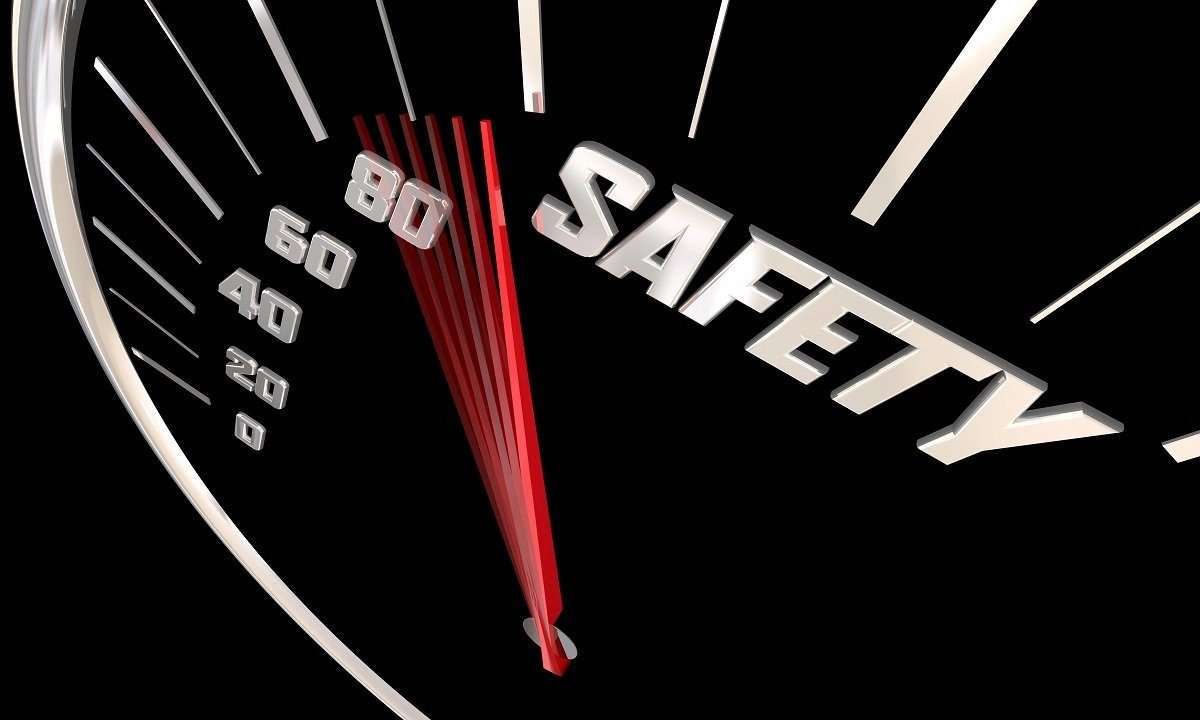Staying Safe: Important Tips for Driving on the Highway
September 10th, 2021
The highway can be loud, fast-paced, and confusing to understand at times.
Unfortunately, traveling at a high rate of speed coupled with dangerous drivers greatly increases your risk of a car accident. On average there are about 16,438 car crashes every year in the United States.
When on the highway, it is critical that you develop defensive driving skills to adequately protect yourself, your passengers, and even other drivers on the road.
Your Austin attorneys at Ramos James Law, PLLC, have first-hand experience aiding those who have been severely injured in highway accidents. We understand that such a situation can lead to physical, emotional, and financial struggles. But you don’t have to face these challenges alone.
To better protect yourself when traveling on state highways and interstates, please keep the following safety tips in mind.
How to Stay Safe When Driving on the Highway
1. Buckle Up
The most important on this list, having your seatbelt on is essential when driving at all times.
On average, those who do not wear a seatbelt have a 47% chance of perishing in a car accident. On the other hand, according to the National Highway Traffic Safety Administration, those who wear their seatbelts decrease their risk of injury by 50% and of losing their lives by 45%.
2. Avoid Distractions
In today’s modern world, technology plays a major role in all of our lives. While there is a time and place for using technology, when driving is not it.
Taking just five seconds to send or read a text while driving at 55 mph is like driving the length of an entire football field with your eyes closed. Those five seconds could change your life or the life of another permanently.
Additionally, driving while under the influence is one of the most frequent causes of catastrophic accidents. Whether it be alcohol or certain medications, driving while intoxicated is asking for trouble.
Lastly, eating, changing music, or interacting with passengers can also hinder your ability to drive safely.
3. Adjust for Weather
The weather can be unpredictable, and when it comes to driving, bad weather can pose a serious safety risk if you don’t plan accordingly.
If you are traveling long distances, and are unsure of how the weather will be while on the road, it is best to check ahead of time so you know how to prepare.
It is never a good idea to think you can “beat” a storm. It is safer to wait for inclement weather to pass before hitting the road.
4. Practice Having Patience
In heavy traffic, it is easy to lose patience and to want to get out of the situation as quickly as possible. Understandably, we all have a schedule and places to be.
However, when traffic is not going your way, it is best to understand the situation, follow cautionary signs, and be patient. By reacting to a frustrating situation in a calm manner, you’ll be able to make the right decisions and avoid an accident.
In most situations, safety should be your number one priority, not speed or time.
5. Maintenance Your Vehicle as Necessary
Taking good care of your vehicle is a necessity if you are constantly on the highway. Good maintenance should include regularly changing your oil, rotating your tires and making sure they are in good condition, ensuring your lights and stop lights are working properly, making sure all essential fluids are topped off, and having functional wipers.
6. Know Where You are Going
Before getting on the road, make sure you know where your destination is located. Looking at a map and using your GPS will make the journey easier, just be sure to not focus so much on your GPS that you fail to keep an eye on the road ahead.
Austin Car Accident Attorneys Ready to Fight for You
These safety tips will help you become a safer and more diligent driver.
If you or a loved one have been involved in a serious car accident, your Austin car accident lawyers at Ramos James Law are here to help. Contact us today for a FREE consultation.



